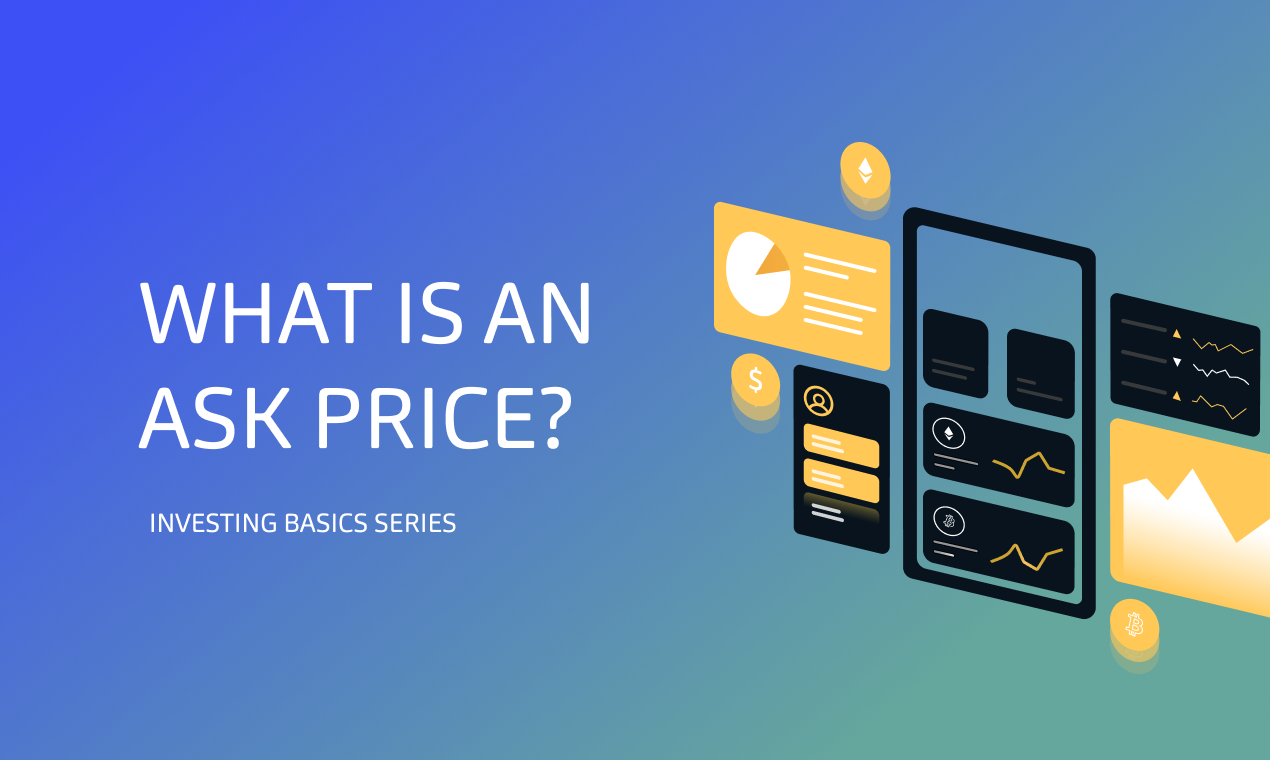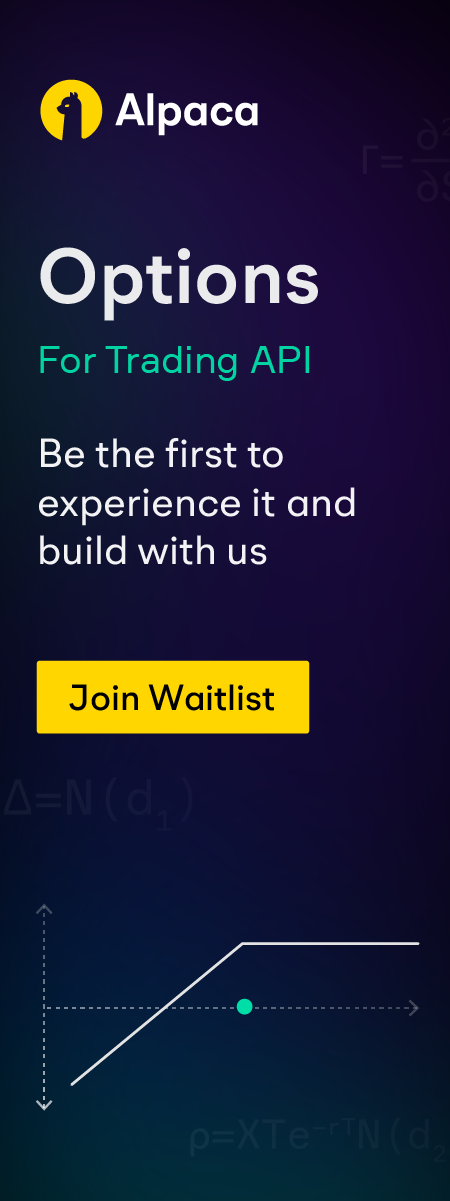What is a Buy Limit Order?


A buy limit order is an order to buy a stock at or below a specified price.¹ This helps ensure that "investors don’t pay more than a predetermined price for a stock."²
How to set up a buy limit order
An investor specifies the price of a buy limit order, which is generally lower than the current market price. The order only fills as long as the price is less than or equal to the limit value. However, a buy limit order does not guarantee execution, as the buy order isn’t triggered until it hits the limit value.³
Example
Connor wants to invest in shares of company ABC, which are currently trading at $50, so he places a buy limit order at $47. The share price surges to $54. Later that trading day, the price drops to $47, and Connor’s buy limit order is fulfilled. Based on these events, Connor managed to purchase shares of ABC at $47. However, if the price never dropped to $47 and instead kept rising, Connor would not have been able to purchase the shares as this would not have hit his limit value, and therefore his buy limit order would not have been filled.
Sources
1. Buy Limit Order. Investopedia.
2. Limit Orders. SEC.
3. Market Order vs Limit Order: Definition. Investopedia.
Please note that this article is for general informational purposes only. All examples are for illustrative purposes only. The views and opinions expressed are those of the author and do not reflect or represent the views and opinions of Alpaca. Alpaca does not recommend any specific securities or investment strategies.
All investments involve risk and the past performance of a security, or financial product does not guarantee future results or returns. Keep in mind that while diversification may help spread risk it does not assure a profit, or protect against loss. There is always the potential of losing money when you invest in securities, or other financial products. Investors should consider their investment objectives and risks carefully before investing.
Brokerage services are provided by Alpaca Securities LLC ("Alpaca Securities"), member FINRA/SIPC, a wholly-owned subsidiary of AlpacaDB, Inc. Technology and services are offered by AlpacaDB, Inc.
This is not an offer, solicitation of an offer, or advice to buy or sell securities, or open a brokerage account in any jurisdiction where Alpaca Securities is not registered (Alpaca is registered only in the United States).








